homemade dog food business
Homemade Dog Food Business: How to Get Started
If you love dogs and have a passion for cooking, starting a homemade dog food business could be the perfect way to combine your two loves. Homemade dog food is a growing industry, and there's a lot of potential for making money if you do it right.

In this article, we'll discuss everything you need to know about starting a homemade dog food business, from getting the necessary permits and licenses to marketing your products. We'll also provide tips on how to make sure your food is safe and nutritious for your furry customers.
1. Do Your Research
The first step to starting any business is doing your research. This is especially important for a homemade dog food business, as you need to make sure you're aware of all the legal and safety requirements involved.

Here are some things you'll need to research:
- The laws and regulations governing the sale of pet food in your state. These laws can vary from state to state, so it's important to make sure you're in compliance.
- The nutritional requirements of dogs. You need to make sure your food is meeting the nutritional needs of your target customers.
- The different types of ingredients you can use in your food. There are a wide variety of ingredients that can be used in homemade dog food, but not all of them are created equal. It's important to choose ingredients that are safe and nutritious for your dogs.
- The best way to market and sell your food. There are a number of different ways to market and sell your homemade dog food. You'll need to decide which methods are best for you and your business.
2. Get the Necessary Permits and Licenses
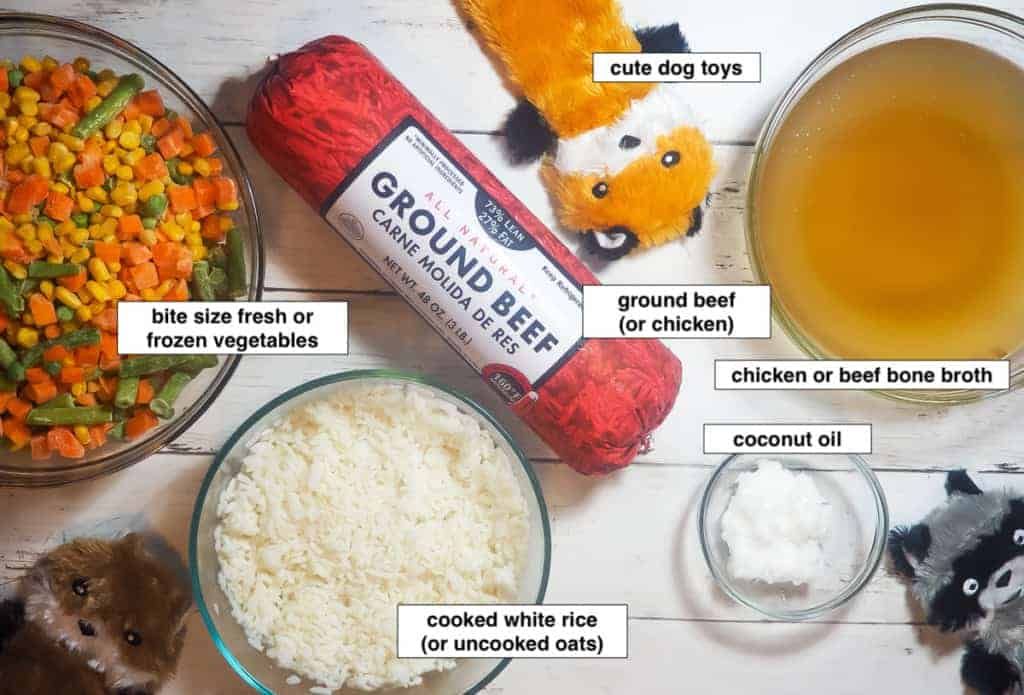
Before you can start selling your homemade dog food, you'll need to get the necessary permits and licenses. The specific requirements will vary depending on your state, but some common requirements include:
- A business license
- A food handler's permit
- A pet food processing license
You can find more information about the specific requirements in your state by contacting your local health department.

3. Set Up Your Kitchen
Once you have the necessary permits and licenses, you'll need to set up your kitchen. This includes making sure you have the proper equipment and supplies, as well as following all the necessary food safety regulations.
Here are some things you'll need to consider when setting up your kitchen:

- The size of your kitchen. You need to have enough space to work comfortably and safely.
- The equipment you need. You'll need a variety of equipment to make your food, including a stove, oven, refrigerator, mixer, and food processor.
- The supplies you need. You'll need to have a supply of fresh ingredients on hand, as well as packaging materials for your food.
- Food safety regulations. You need to follow all the necessary food safety regulations to ensure that your food is safe for your customers.
4. Create Your Recipes
The next step is to create your recipes. This is an important step, as you want to make sure your food is both nutritious and delicious.
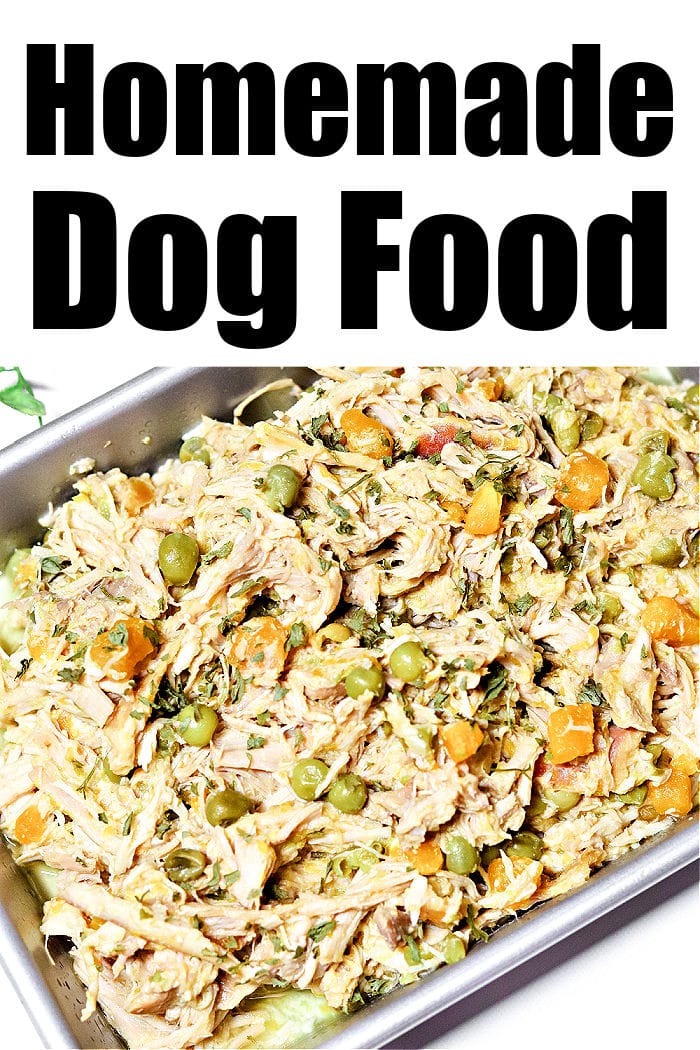
When creating your recipes, keep the following things in mind:
- The nutritional requirements of dogs.
- The different types of ingredients you can use.
- The flavors and textures your customers will enjoy.
It's also a good idea to test your recipes with your own dogs before you start selling them to the public. This will help you make sure they're safe and enjoyable for your customers.

5. Source Your Ingredients
Once you have your recipes, you need to source your ingredients. This is an important step, as you want to make sure you're using high-quality ingredients that are safe for your customers.
Here are some things to consider when sourcing your ingredients:
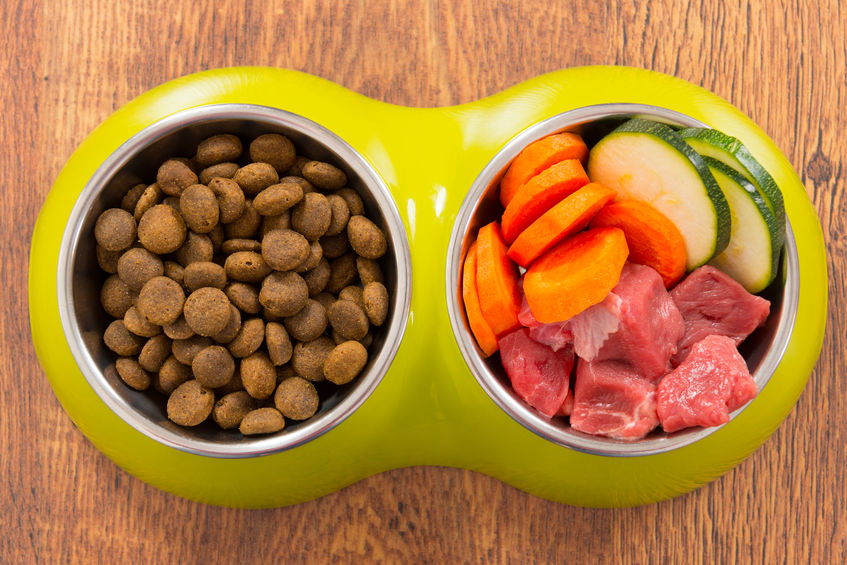

- The quality of the ingredients.
- The cost of the ingredients.
- The availability of the ingredients.
You may need to shop around to find the best sources for your ingredients. It's also a good idea to build relationships with your suppliers, as this will help you get the best prices and service.

6. Package Your Food


Once you've made your food, you need to package it for sale. This includes choosing the right containers and labeling your food properly.
Here are some things to consider when packaging your food:

- The type of containers you use.
- The size of the containers.
- The labeling on your food.
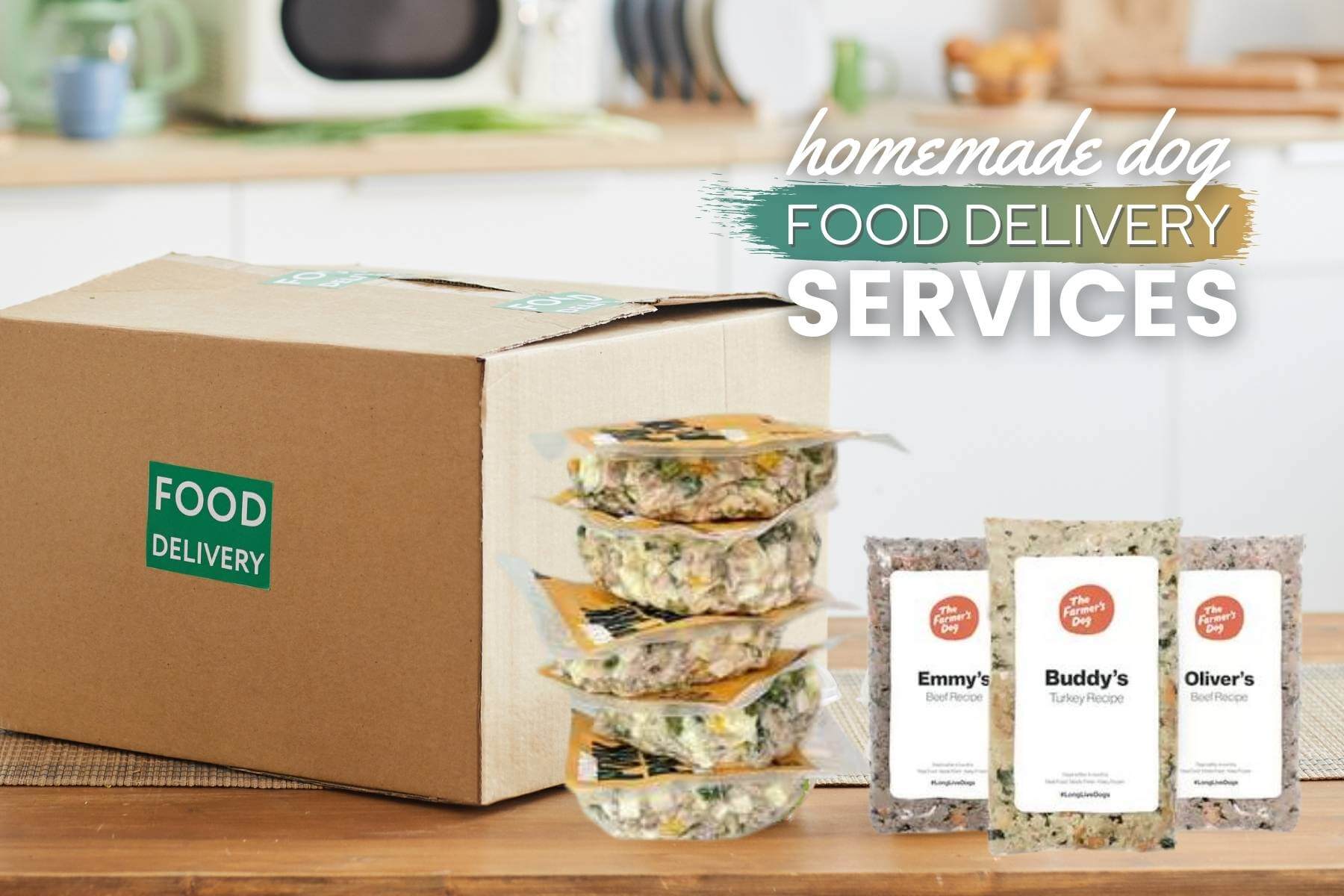
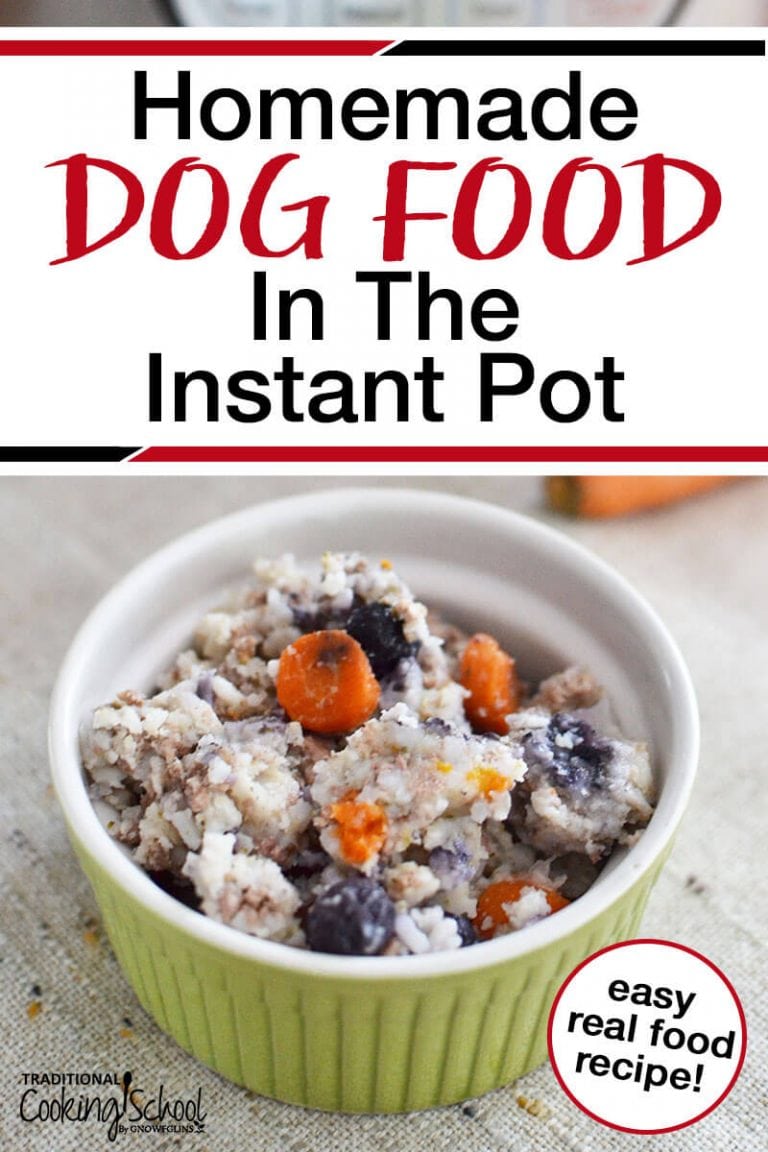
You need to make sure your food is properly packaged to protect
Starting a Homemade Dog Food Business

If you love dogs and cooking, starting a homemade dog food business could be a great way to turn your passion into a profitable venture. Homemade dog food is a growing industry, as more and more pet owners are looking for healthier options for their furry friends.
Starting a homemade dog food business can be relatively simple, but there are a few things you need to know before you get started.
1. Do your research.

Before you do anything else, you need to do your research and make sure that there's a market for your product. This means understanding the demand for homemade dog food, the competition in your area, and the cost of starting and running a business.
You can do this by talking to other pet owners, researching the internet, and reading industry publications. You should also get a good understanding of the nutritional requirements of dogs, so you can make sure that your food is healthy and balanced.
2. Write a business plan.

Once you've done your research, you need to write a business plan. This will outline your goals for the business, your marketing strategy, and your financial projections. Your business plan will be a valuable tool as you start and grow your business.
3. Get the necessary permits and licenses.
Before you can start selling your food, you need to get the necessary permits and licenses from your local government. The specific requirements will vary depending on where you live, but you can usually find information on the website of your local health department.

4. Set up your business.
Once you have the necessary permits and licenses, you need to set up your business. This includes finding a suitable location, purchasing equipment, and getting your food tested.
You can either start your business from home or rent a commercial kitchen. If you're starting from home, you need to make sure that you have enough space to store your ingredients and equipment, and that you're following all of the necessary food safety regulations.

If you're renting a commercial kitchen, you'll need to find one that meets your needs and budget. You should also make sure that the kitchen is licensed and inspected by the health department.
You'll also need to purchase the necessary equipment for making your food. This includes pots, pans, utensils, scales, and a food processor. You may also need to purchase a refrigerator and freezer if you're planning on storing your food.
Finally, you need to get your food tested. This is to ensure that it meets the necessary nutritional requirements and that it's free of harmful bacteria. You can have your food tested by a private laboratory or by your local health department.

5. Market your business.

Once you're up and running, you need to start marketing your business. This includes creating a website, advertising in local publications, and attending pet expos and events. You can also reach out to local pet stores and veterinarians to see if they're interested in carrying your food.
6. Manage your finances.


As a business owner, it's important to stay on top of your finances. This includes tracking your income and expenses, paying your taxes on time, and setting aside money for savings. You should also create a budget so you can plan for future expenses.

7. Grow your business.
Once you're established, you can start to grow your business by expanding your product line, adding new distribution channels, and reaching out to new customers. You can also consider franchising your business or selling it to another company.


Starting a homemade dog food business can be a rewarding experience, but it's important to do your research and make sure that you're prepared for the challenges ahead. By following these steps, you can increase your chances of success.

Tips for Starting a Homemade Dog Food Business
Here are a few tips to help you start a successful homemade dog food business:

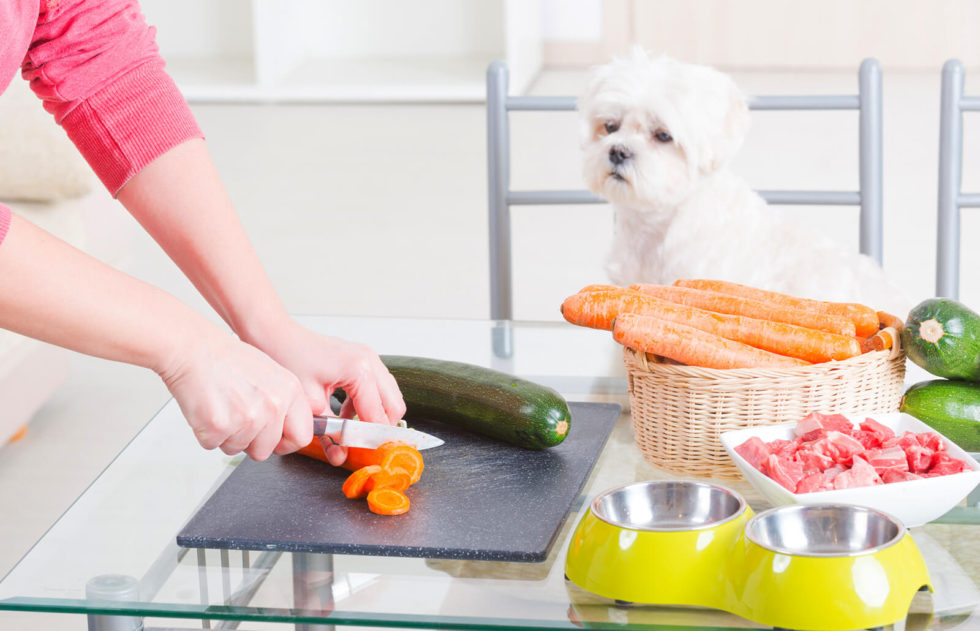
- Do your research. As mentioned above, it's important to do your research before you start a business. This includes understanding the demand for homemade dog food, the competition in your area, and the cost of starting and running a business.
- Write a business plan. A business plan will help you outline your goals for the business, your marketing strategy, and your financial projections. It will also be a valuable tool as you start and grow your business.
- Get the necessary permits and licenses. Before you can start selling your food, you need to get the necessary permits and licenses from your local government. The specific requirements will vary depending on where you live, but you can usually find information on the website of your local health department. .
